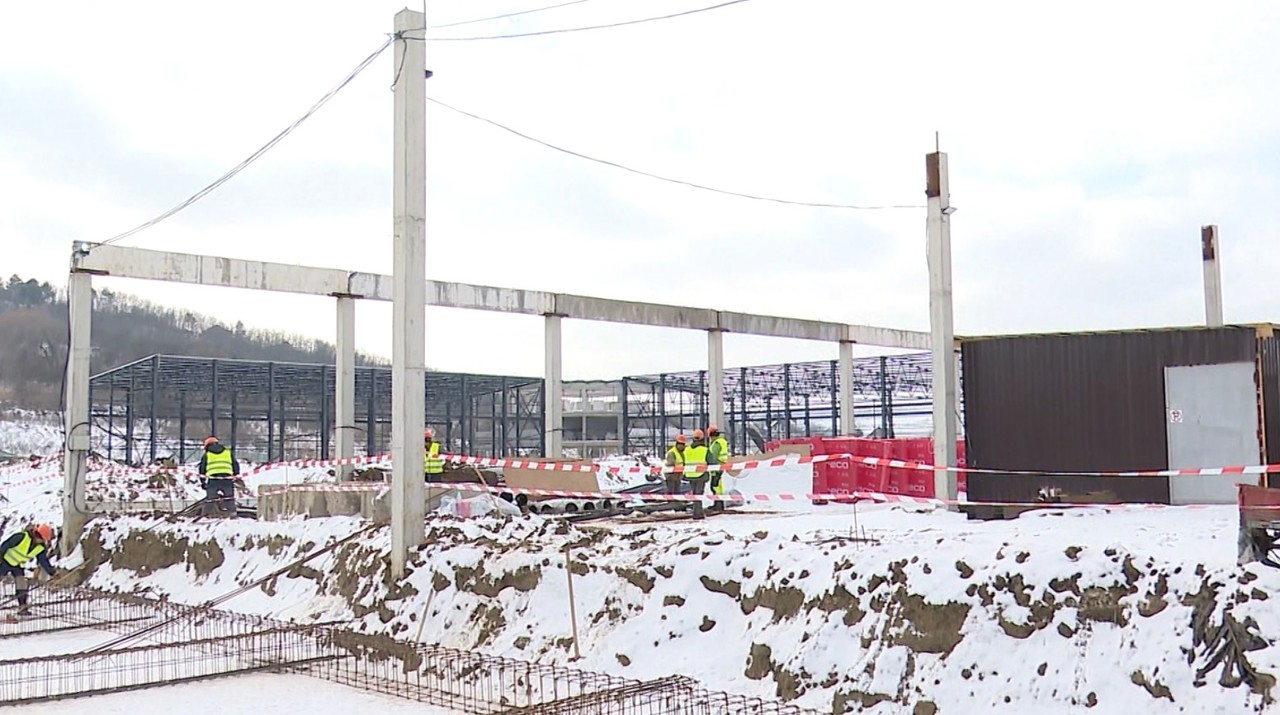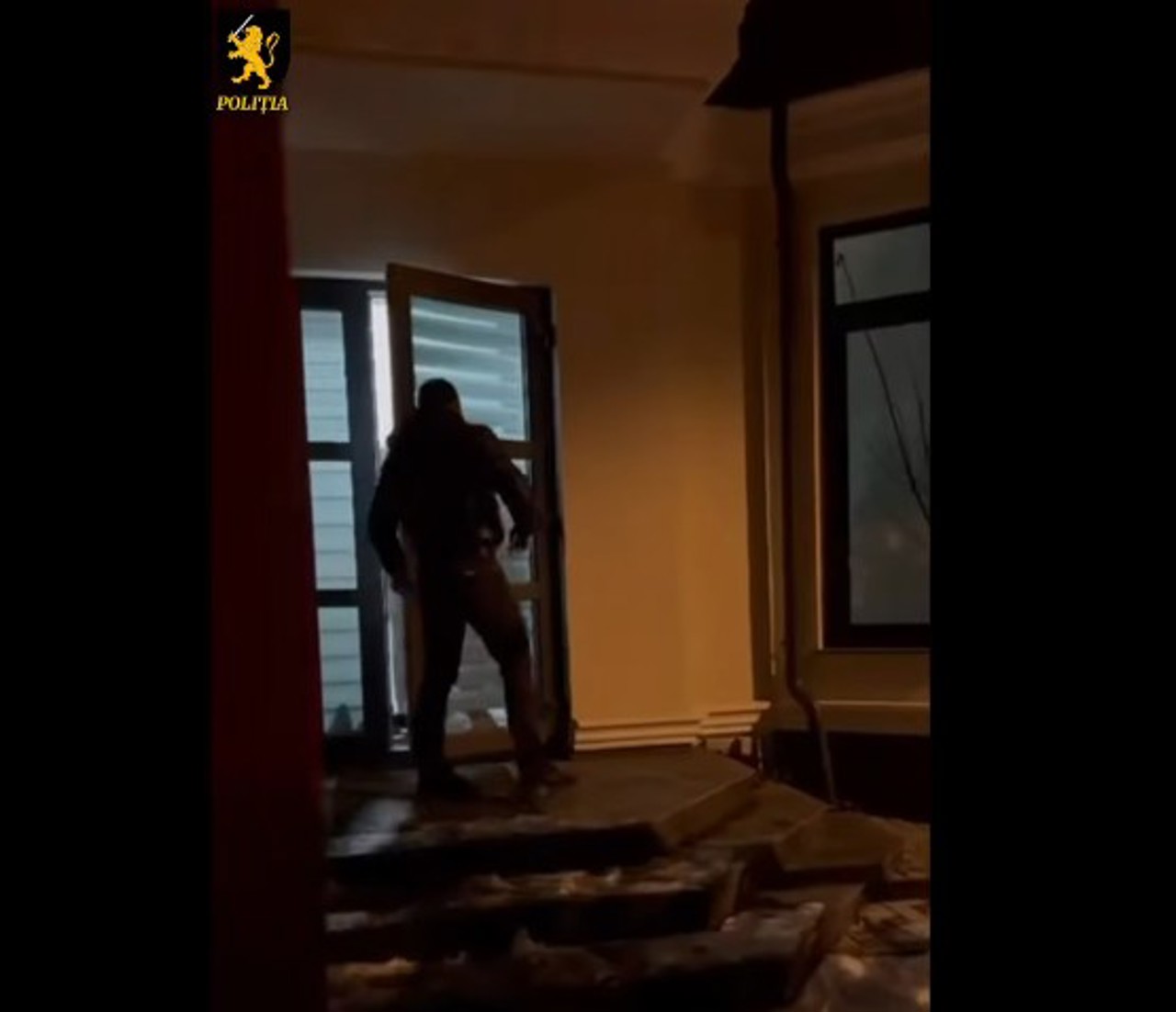Press Review // Transnistria faces steep tariff hikes starting March 1
The press in the Republic of Moldova is focusing on several significant developments. Utility tariffs in the breakaway Transnistrian region are set to rise starting March 1, with authorities in Tiraspol justifying these hikes as a necessary measure due to economic challenges.

These difficulties are reportedly caused by blockades imposed by Chișinău and the global energy crisis. According to local experts, citizens will be forced to pay double for essential utilities such as electricity, gas, water, and heating, while the region's leadership continues to profit from Russian gas through obscure arrangements.
Vadim Krasnoselski, the leader of the separatist region, has suggested using last year’s unspent funds in special accounts and local budgets to ensure public sector salaries are paid. He claimed that major economic difficulties faced by the Transnistrian region are a result of blockades from Moldova’s capital, Chișinău, and the ongoing global energy crisis. Despite these financial challenges, Krasnoselski maintains that the region's resilience lies in receiving Russian gas, although no serious attempts have been made to pay for it. According to Andrei Curăraru, an expert from WatchDog.md, the region's economic woes are exacerbated by a refusal of European aid, which would have involved tariffs hikes but also provided conditions for potential salary increases.
The Ziarul de Gardă publication highlights that all tariffs in the Transnistrian region are set to increase from March 1. Tiraspol's non-constitutional authorities state that these price hikes will be moderate, considering the average income levels of the population. However, experts argue that the price increases will disproportionately affect citizens, who will bear the brunt of these measures. "Citizens will pay double for electricity, gas, water, and heating, while the regime continues to enrich itself through obscure Russian gas schemes," said Andrei Curăraru, cited by ZdG. Meanwhile, the region continues to receive Russian gas via opaque channels without a clear intention to settle the bills.
TV 8 also referenced the comments of security expert Andrei Curăraru, who emphasized that although the official reason given for the tariff hikes in the left bank of the Nistru River is "adjustment to economic realities," the real motivation seems to be covering a budget deficit of approximately 200 million euros caused by the suspension of electricity exports to the right bank of the river.
Eugen Muravschi, an energy expert cited by Moldova 1, agrees with the idea that the tariff increases are meant to cover the region's budgetary shortfall. “The likely cause of these hikes is the halt in electricity exports to the right bank, which has left a significant hole in the budget,” Muravschi explained. He added that the regime is not paying for the gas consumed but rather a company from Dubai, which supposedly received a loan from the Russian Federation to cover the costs. Muravschi further pointed out that the small tariff increase, while below market price, is intended to compensate for the deficit. The refusal of European aid could also be tied to the human rights conditions imposed by the EU, which the authoritarian regime in Tiraspol is unwilling to accept.
IPN news agency reports that civic activist and economist Nicolai Malîșev was attacked in Tiraspol by unknown individuals. He was beaten and struck with a glass bottle in the stairwell of his building. Although Malîșev was hospitalized with serious injuries, he was discharged quickly without receiving a full medical examination. Malîșev himself explained the attack as a retaliation for his criticisms of the structures controlling the Transnistrian region, as stated by IPN.
Meanwhile, multiple publications are reporting that the fraudulent "relative involved in an accident" scheme is continuing to target elderly citizens, leaving new victims. NewsMaker reports that three young men, aged 19, 20, and 21, were arrested on suspicion of fraud after they allegedly scammed four elderly women, aged between 75 and 77, out of a total of 300,000 lei (15,300 euro). The scammers convinced the victims that a relative had been involved in a serious car accident. A portion of the stolen money, including $7,000 and 19,000 lei (970 euro), was recovered by the police and will be returned to the victims.
National publications are also reporting that a national day of mourning will be declared in Moldova in honor of the late writer Vladimir Beșleagă. Beșleagă, one of the four great literary figures from Basarabia who saved the Romanian language and the honor of Romanian literature, passed away on February 25, as reported by Radio Chișinău. The radio station’s website features some of Beșleagă's thoughts on life, death, and love, drawn from an interview recorded by Ina Guțu in March 2024 and aired on the "Maluri de Prut" program: "All my books were born out of pain." "I believe that death fears me because in my life I have died three times." "What is this world about? Wars, wars, wars… Last century, two wars that devastated millions of lives. And now, another war is beside us. What is this world about? It doesn't teach. I have lived too long, and I see the messes happening now... I wish the world would reconcile once and for all, so that wars never break out again, because wars are barbaric."
Beșleagă's literary debut occurred in the 1960s, and his novel "Zbor frânt" (1966) marked a turning point in postwar Basarabian literature, establishing him as a distinct voice preoccupied with the meaning of human existence, ethical struggles, and the turmoil of conscience, according to Moldpres.
Translation by Iurie Tataru






